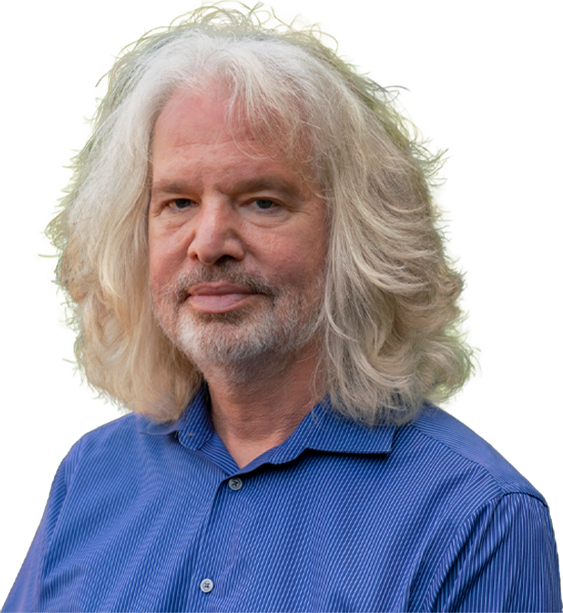Marshall Goldsmith has a unique approach to leadership coaching — he doesn’t get paid if his clients don’t get better.
“Better” is not judged by Marshall, nor the client themselves. Better is judged by everyone around the client.
To determine whether someone is actually willing to change and believes in what they’re saying, Marshall will simply ask this question; “Do you want to bet on it?”
If they say “I believe it but I don’t want to bet on it”, then you know that they don’t really believe they can change or achieve that goal. However, if answered, “Here’s the money” — now that is the person that Marshall (and our coaches) will bet on every time.
“When you get paid for results, you learn a little humility.”
Marshall found an interesting fact — a client he spent the most amount of time with did not improve at all. Whereas the client he spent the least time with improved more than anyone he ever coached.
Puzzled with his finding, he created a chart.
On one dimension it said “Time spent with Marshall Goldsmith”, the other dimension is “Improvement”. As he analyzed the chart, there seemed to be a clear negative correlation between spending time with Marshall and getting better — which troubled him.
So, he talked to his client who he spent the least amount of time with but showed the most significant improvement in their leadership skills.
That client was Alan Mulally, former CEO of Ford Motor Company
Alan Mulally is the former CEO of the Ford Motor Company. He has been dubbed as CEO of the Year in the United States and was ranked as the third-best leader in the world (ranked only behind the Pope and Angela Merkel) according to Fortune Magazine.
Marshall once asked “Alan, of all the people I’ve coached, you improved the most. I spent the least amount of time with you. And you were great to start with. What should I learn about coaching from you?”
Alan gave Marshall two very important lessons about coaching and leadership that day.

Lesson No. 1: Your biggest challenge as a coach is picking great clients
Alan said, “Your biggest challenge as a coach is picking great clients. If you pick great clients, your coaching process is always going to work. And if you pick the wrong clients, your coaching process is never going to work. Work with great people, pick great clients.”
Lesson No. 2: Don’t make the coaching process about yourself
Secondly, “Don’t make the coaching process about yourself and your own ego and how smart you are. Make it about those great people you work with, how proud you are of them, and how hard they work.”
Alan told Marshall that his job isn’t that different from coaching. As the CEO of Ford Motors, he didn’t build, design, nor sell the cars — he got great people at Ford to help him.
Every day as he drove himself to work, he would tell himself “Leadership is not about me, leadership is about them”. Marshall considers these as great learning points from a brilliant leader that can be applicable to almost every aspect of our lives.
Have you ever attempted to change someone’s behavior… that had absolutely no interest in changing?
Whether it is your husband, wife, parents — and how’s that working out for you?
Marshall was teaching a class at Dartmouth when a woman raised her hand. The conversation went like this:
Marshall: Who were you trying to change, Mommy or Daddy?
Woman: Daddy
Marshall: What’s old Daddy’s problem?
Woman: He does not have a healthy lifestyle.
Marshall: How old is Daddy?
Woman: 94 years old
Marshall: Leave the old boy alone! I’m going to teach you a great lesson now for being a great coach.
So, what was the lesson learned?
When it comes to coaching, if they do not care to change, do not waste your time. How much of our lives have been wasted trying to change the behavior of adults that do not care? What is our return on that investment?
For leaders, if you do not care, do not waste your time either. If you’re going to get better at anything, the motivation for your improvement has to come from yourself. If your heart’s not in it, then there’s no way you’re going to give the effort and do everything wholeheartedly.
The essence of being a great coach
In short, the essence of being a great coach is picking the right client and working with great people that actually want to improve. Make sure that you realize that your success is not a function of you, but rather, a function of them.
Work with those who want to actually see an improvement, specifically towards their stakeholders. That’s where Stakeholder Centered Coaching® plays a pivotal role in a leaders’ growth. See how implementing SCC® in your coaching has a greater effect on your clients.
Source: marshallgoldsmith.com
Share this:



18 Comments
Leave your reply.
Amazing blog
Thank you for reminding me of the truth – you can’t change people who do not want to change. I am focusing on changing myself to be able to demonstrate my capabilities and land my aspirational job. YES!
Very true. The intention to help, on the part of the Coach, itself is a big barrier to the process!! It is all about the Client and their motivation to change for the better.
A brilliant narration with a superb message. It’s simple – we must only coach people who are coachable. The challenge is in understanding who is coachable and who is not.
Best wishes
Regards
It’s not about you but them is a great coach learning. The coach’s success is a derivative of the Client’s success.
What an awesome idea to work only with The Leader who wants himself or herself to change and get better.
It’s so easy to do my coaching job this way. Since graduating MGSCC, I am asking my clients: “what should I learn about coaching from you?”
Always Great answers!
Thank you Mate’s for the fantastic and valuable program.
Fantastic blog article.Thanks Again. Keep writing.
I am so grateful for your article.Thanks Again. Really Cool.
I am so grateful for your article post.Thanks Again. Really Cool.
Appreciate you sharing, great blog.Much thanks again. Great.
I really enjoy the blog post.Really thank you! Will read on…
Thanks so much for the post.Really looking forward to read more. Fantastic.
Im grateful for the article post.Thanks Again. Really Cool.
Great, thanks for sharing this blog post. Want more.
I really like and appreciate your article post.Thanks Again. Much obliged.
I really liked your article post.Much thanks again. Really Cool.
Thanks a lot for the article post.Really thank you! Fantastic.
This is one awesome article post.Really thank you! Really Cool.